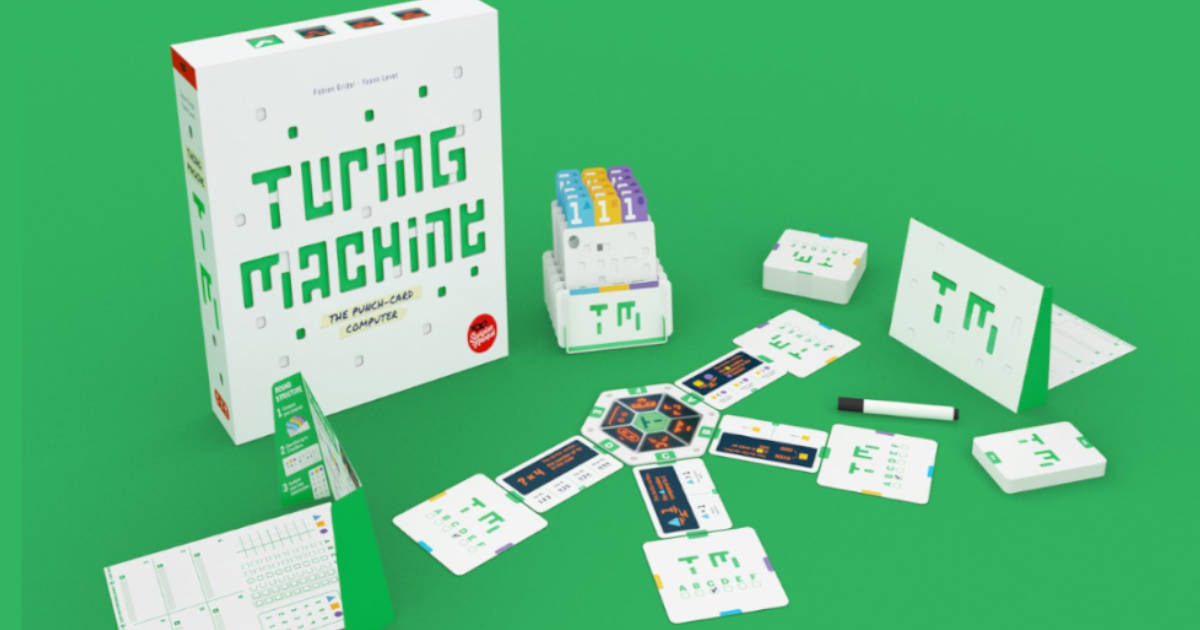This year marked the fifth consecutive American Tabletop Awards, an annual celebration of stand-out titles from the tabletop world, focusing predominantly on US titles. Participants are competing in four distinct categories: Early Gamers, Casual Games, Strategy Games, and Complex Games. As in previous years, winners are determined via a panel of expert judges, who take artwork, creativity, and innovative gameplay design into account. This year’s winners were recently announced on the American Tabletop Awards website.
Adorable Kitties Boop Their Way to the Top
The Early Gamers category is extremely interesting, as it showcases games aimed at younger audiences, or for those new to the tabletop world. Some people usually dismiss this category entirely due to its lighthearted nature, but looks can be deceiving. The combination of childish innocence and deep-rooted strategy produces amazing results when done properly. This year’s Early Gamers category winner – boop.- does just that, combining the cuteness of adorable kitties with mechanical elements from notorious classic games checkers, chess, and Tic-Tac-Toe. In it, two players control adorable kitties and cats, striving for control over the full control of a bed. How does one achieve this? By literally bopping the other player out of the bed, of course! The game is designed by Scott Brady and is published by Smirk and Laughter Games.
Turing Machine Broke the Casual Games Code
The Casual Games category is designed for titles that can offer something for all levels of play and are suitable for both beginners and experienced players. This year, Fabien Gridel and Yoann Levet’s Turing Machine cracked the code to victory. Published by Scorpion Masque, the game forces players to use their logical thinking in order to crack a three-digit code in order to win their battle against an analog computer opponent. What further impressed the jury was the fact that players need to use actual punch cards to achieve this. Overall, the game is perfect for logical puzzle and deduction game enjoyers.
The Planet May Be Unknown, but the Strategy Games Category Winner Is
In the Strategy Game category, strategic and mechanical complexity is a must and is put on display. It’s not surprising that this year’s winner in this category – Planet Unknown – is not a simple game. In it, players must colonize a planet by carefully managing the resources they have at their disposal, as well as paying close attention to devastating meteor showers that can severely hamper their efforts. Designed by Ryan Lambert and Adam Rehberg and published by Adam’s Apple Game, Planet Unknown is suitable for experienced players who enjoy a proper world-building experience. While it may take some time to master, the smoothness of the game’s mechanics is sure to provide an enjoyable experience.
Carnegie’s Complexity Topped the Competition Philanthropy is not as easy as it’s perceived to be, and Xavier Georges’ Carnegie perfectly exemplifies that. The game puts players in the role of a Scottish businessman and philanthropist Andrew Carnegie, where they aim to build the biggest financial empire possible.
They will have to hire employees, manage funds, expand the business, and acquire real estate so that they can build transport chains across the United States of America. Over the course of 20 rounds, players take turns performing one of four actions that other players may choose to follow. While it may not seem like a lot, the game is extremely complex and will probably take players several playthroughs to master. The end game is simple – build the most successful company possible, symbolized by victory points at the end of the 20th round

